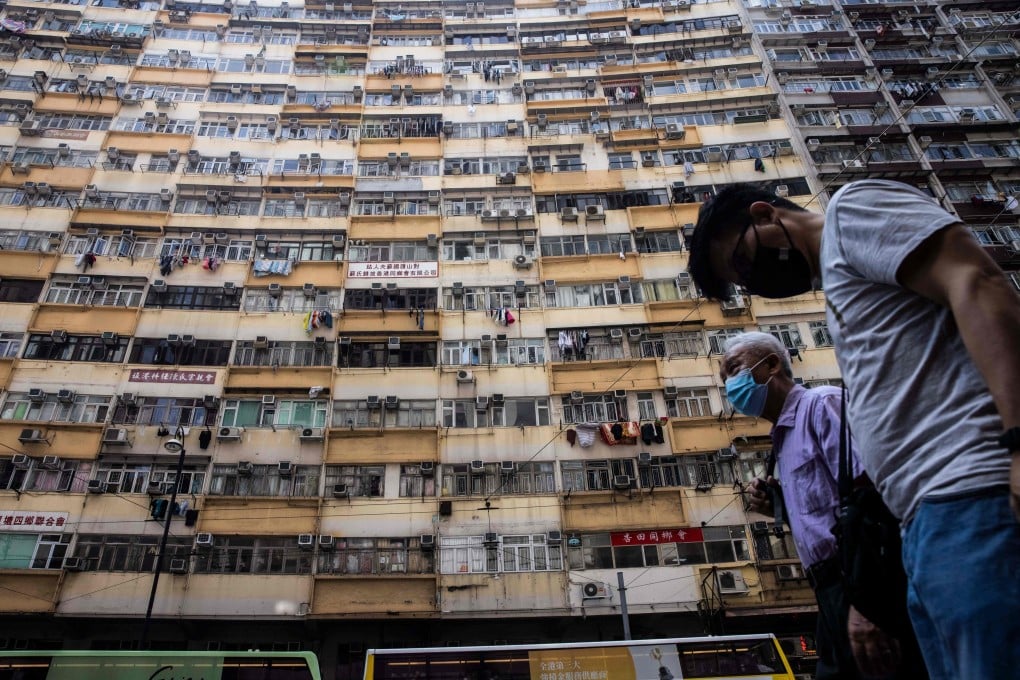Opinion | Drastic measures to solve Hong Kong’s housing crisis are long overdue
- For too long, the government has permitted the private market to heat up while neglecting its commitment to ensure adequate affordable housing for the masses
- John Lee must ensure effective policies are in place to eliminate the problem once and for all

There are three main aspects – first, soaring property prices and a lack of affordability for middle- and low-income residents; second, insufficient supply of public rental flats for grass-roots residents; and third, very limited housing options for residents who are waiting for public housing.
Since the early 2000s, Hong Kong has gradually developed a “real estate hegemony”, in which wealth and influence are increasingly concentrated in the hands of a few property tycoon families.
In the early 2000s, in the wake of a property market crash, the government re-evaluated its role in the real estate market; it suspended regular land auctions, stopped building subsidised housing under the Home Ownership Scheme, and abolished rent control and measures to curb property speculation.
While these policies led to a recovery in property prices, the government failed to keep up with public housing development. In addition, the suspension of the Home Ownership Scheme changed the focus of the housing market from public to private. Thus, the continuous surge in property prices has made the housing market hugely unaffordable for regular citizens.
It’s long been accepted that the government must take drastic measures to solve this problem. Lee has proposed invoking the Land Resumption Ordinance to reclaim land, and coordinate the various departments in formulating targeted measures to relocate and compensate land owners.
